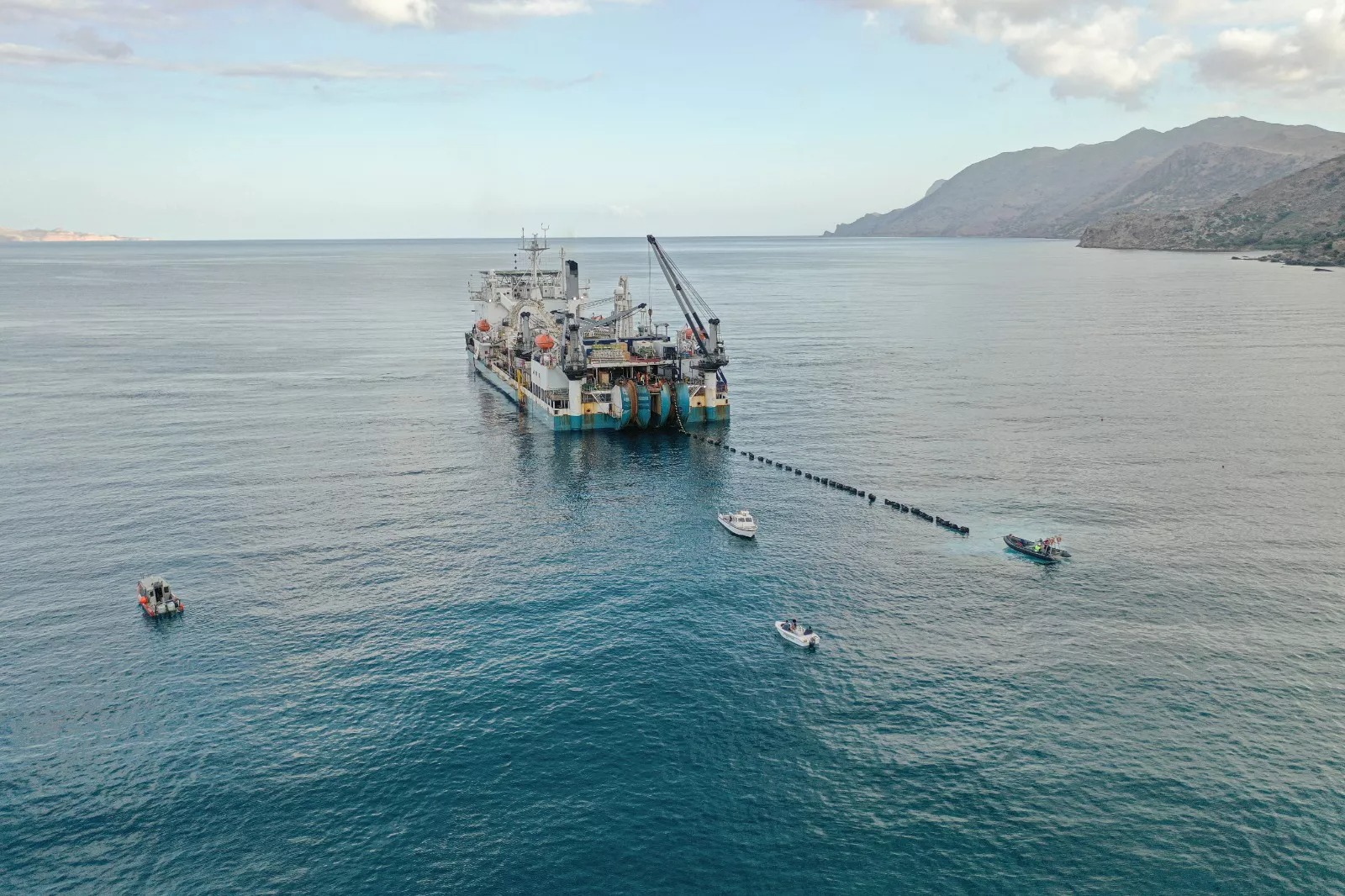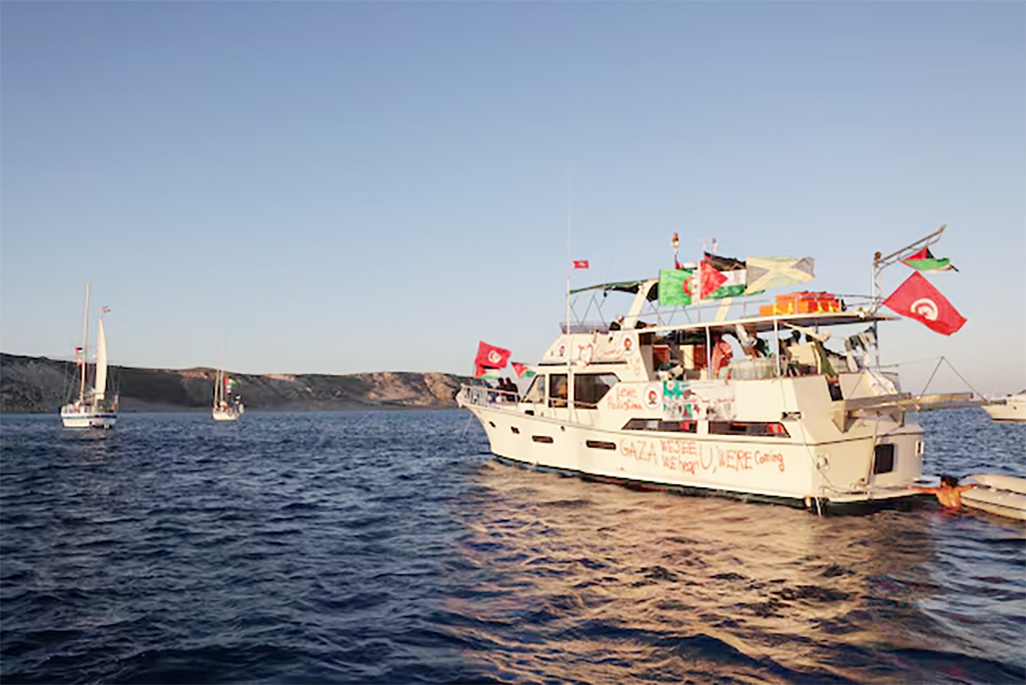If €67m seemed excessive, the cable costs will be far greater
Source: in-cyprus.com
Public and political outrage has erupted over CINEA’s decision to reclaim €67 million from the European grant for the natural gas terminal. The recipients of this anger are not CINEA officials.
But must we always wait for disasters to unfold completely, for bills to be issued, before the lamentations begin?
Consider the electricity interconnection case. CERA has already approved €82 million for IPTO as demonstrably spent funds by the implementation body.
However, this €82 million pales against the money CERA will be called upon to approve subsequently as actual expenses by IPTO and its contractors, should the project proceed.
Yet when officials say “the project is progressing,” the Cypriot Government understands one thing whilst IPTO and the Greek Government understand another.
IPTO claims the project is progressing because the cable is being manufactured in Norway and the company is disbursing millions in payments.
Cyprus maintains that cable production alone is insufficient—we want marine surveys conducted before declaring “yes, the project is truly progressing”,
Whilst the two sides disagree, expenses mount. These are real costs for which IPTO will sooner or later present the necessary invoices to CERA (and RAE) and receive recognised rights to recover justified expenses.
This will continue as long as governments and IPTO manage communications regarding their inability to secure marine surveys in waters claimed by Turkey: Nexans will produce cable, IPTO will pay, invoices will reach CERA, which will assign officials to review them, and when everyone says “it’s acceptable”, the amount we owe will grow.
Unless IPTO decides to implement its warnings and requests work suspension from Nexans due to regulatory violations (regarding payments).
In such cases, money from the €658 million EU grant spent by then must be returned, with the contract determining what compensation the French company can claim for the €1.4 billion project’s cancellation. These will be added to IPTO’s confirmed expenses.
The situation would be far worse than what we’re experiencing with the terminal. With the terminal, someone might desperately say “at least we have the vessel—we can sell or lease it and reduce losses”.
With the interconnection, how would we reduce losses if left holding the cable? Sell it? A cable manufactured for what is reportedly the most challenging electrical interconnection, at sea depths far greater than other connections—how easily could it be sold at cost when serving lesser requirements?
Nevertheless, the real issue is different: recognising now that something must be done immediately by both governments.
IPTO reports spending approximately €300 million thus far. Roughly speaking, we estimate Cyprus will be called upon to pay around €150 million. Of this €150 million, €82 million has already been approved by CERA, with €25 million due for the January-December 2025 period.
If we think we’re clear on whether the project should be cancelled today or tomorrow, we’re mistaken. If cancelled without IPTO’s fault, we avoid many future expenses but will pay our 50-50 share of costs incurred and confirmed by regulators.
Unless everything and everyone ends up in courts and arbitration, making the damage—political and economic—potentially even greater.
P.S. Today the Directorate-General for Energy (EU) is organising another teleconference with CERA, RAE and IPTO.
At this point, why does the Energy Directorate need the regulators? Both have approved IPTO’s expenses. It must now speak with governments, not so much about money, but about the Turkey factor.
The original article: belongs to in-cyprus.com .




